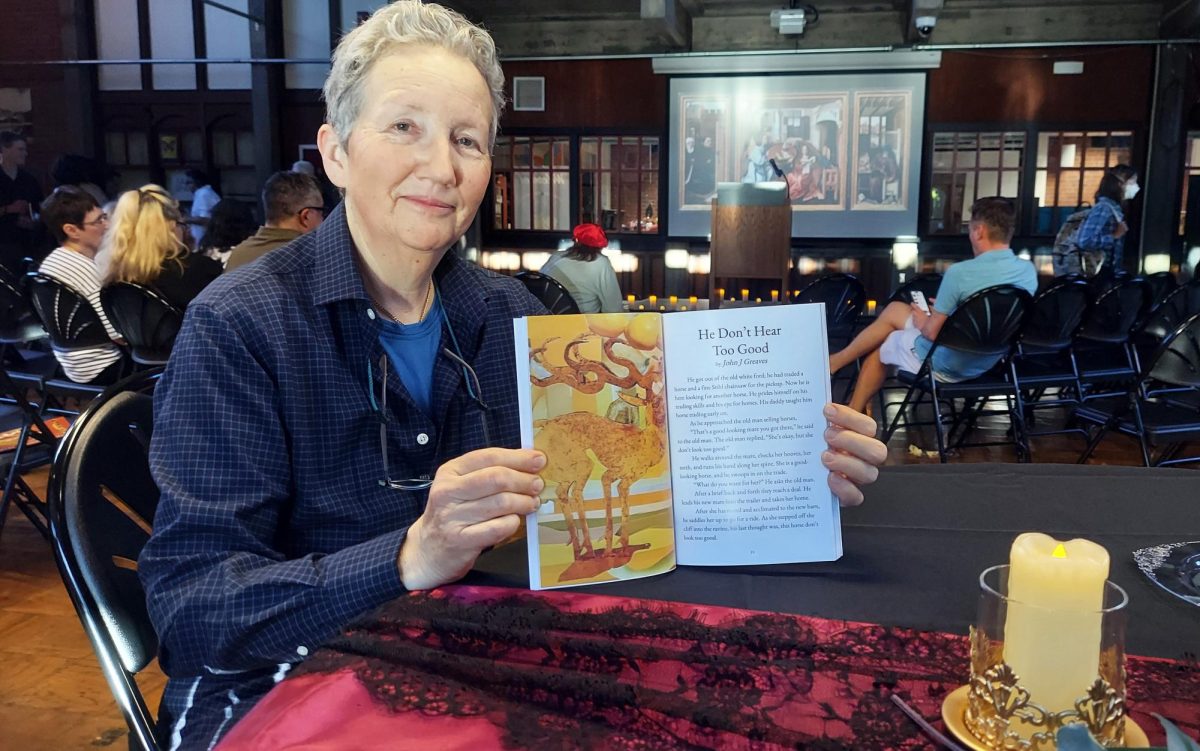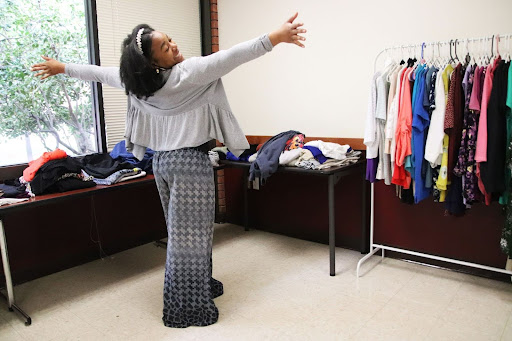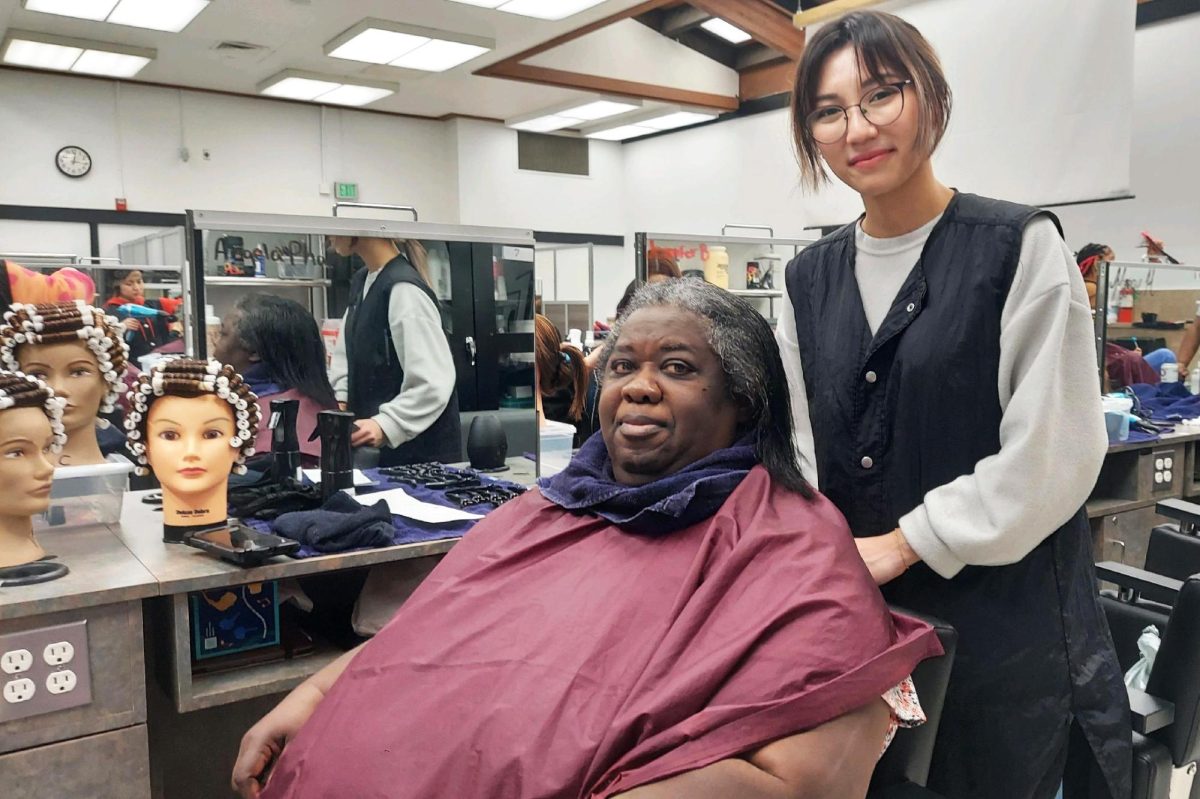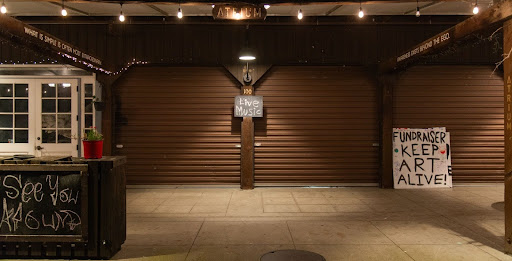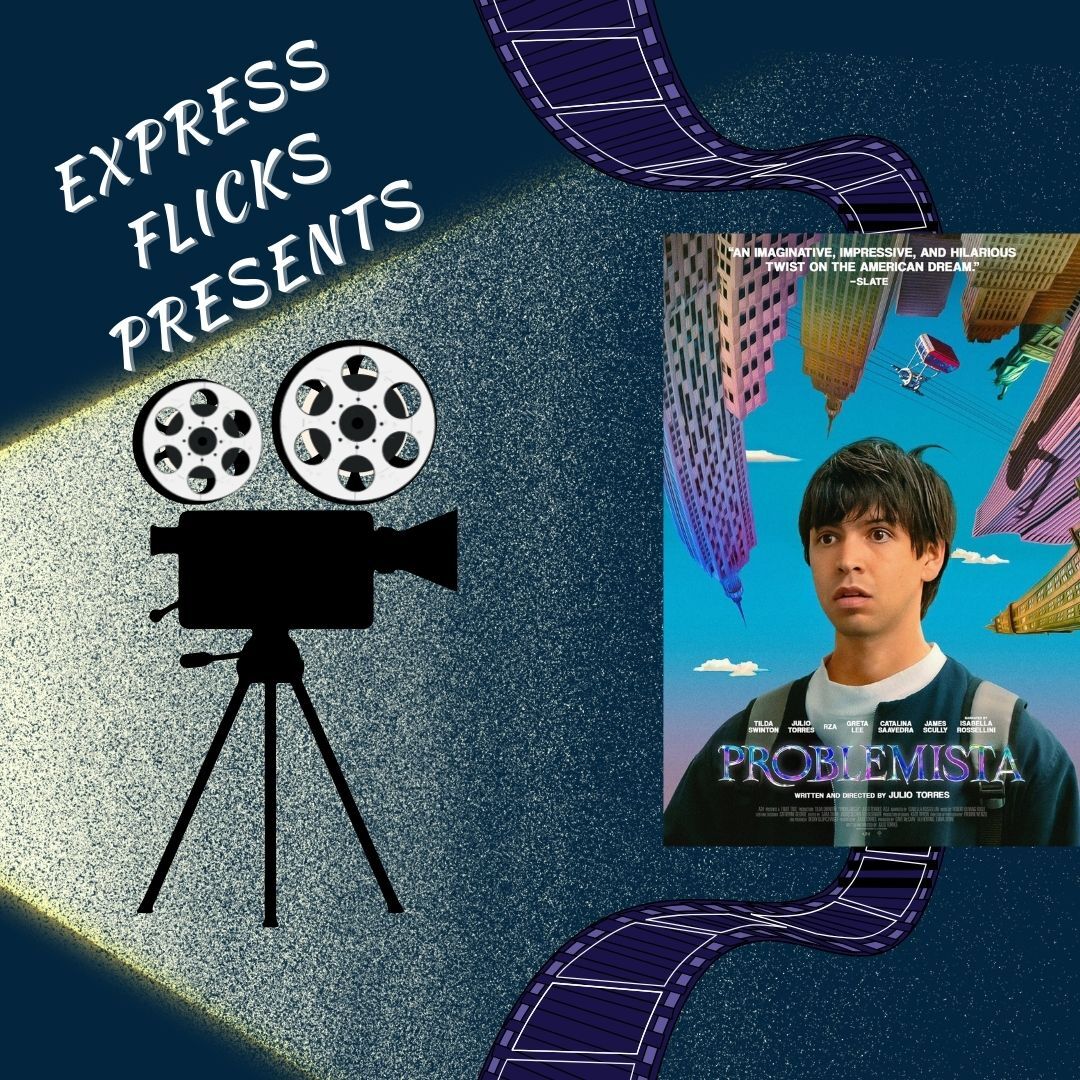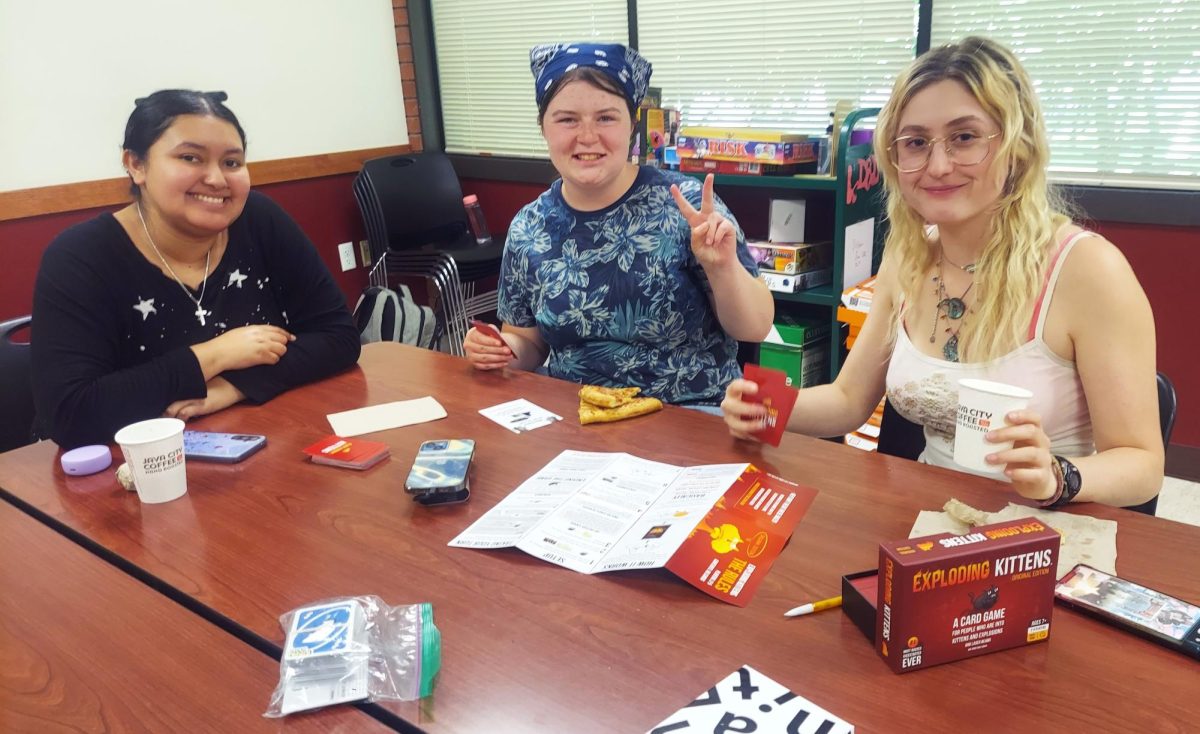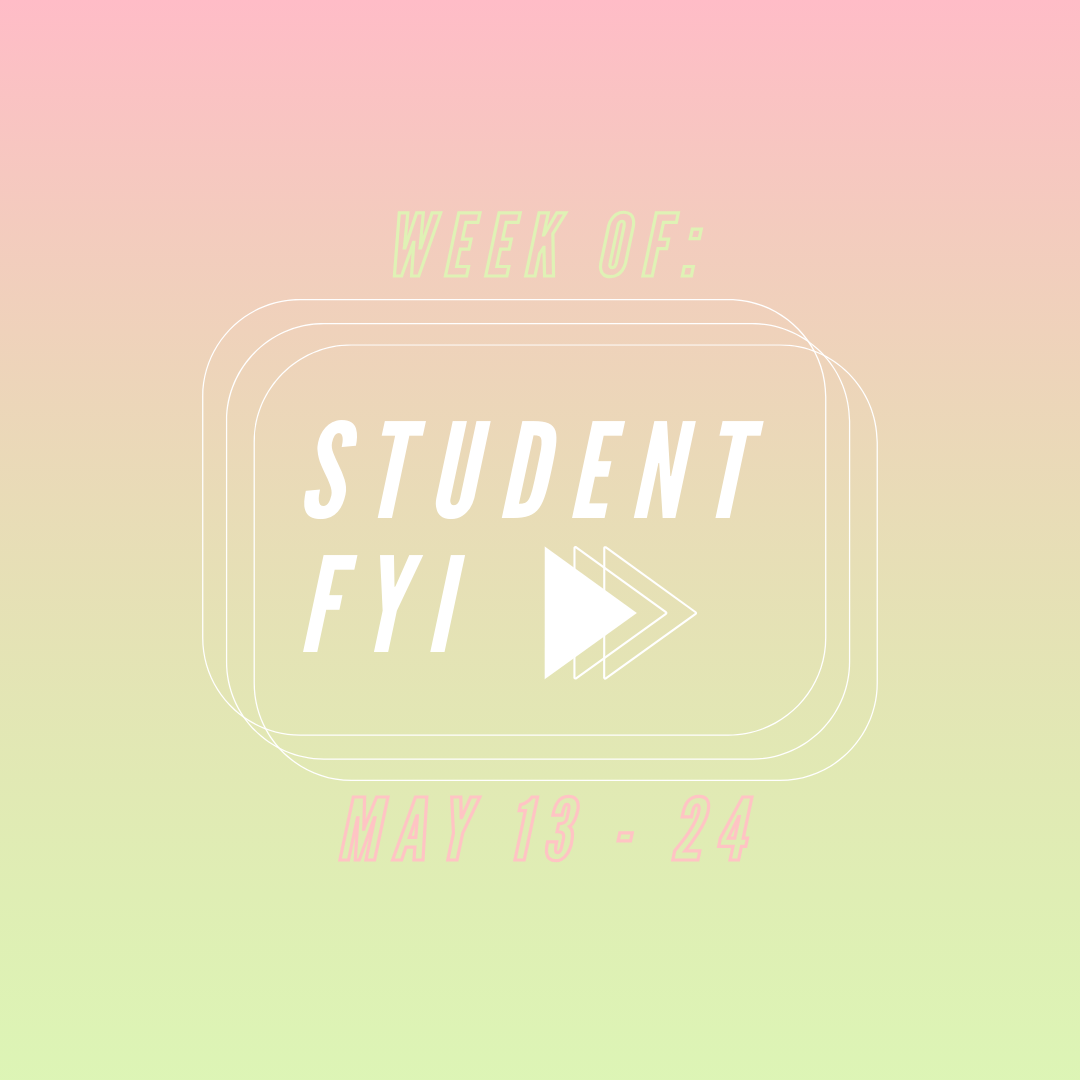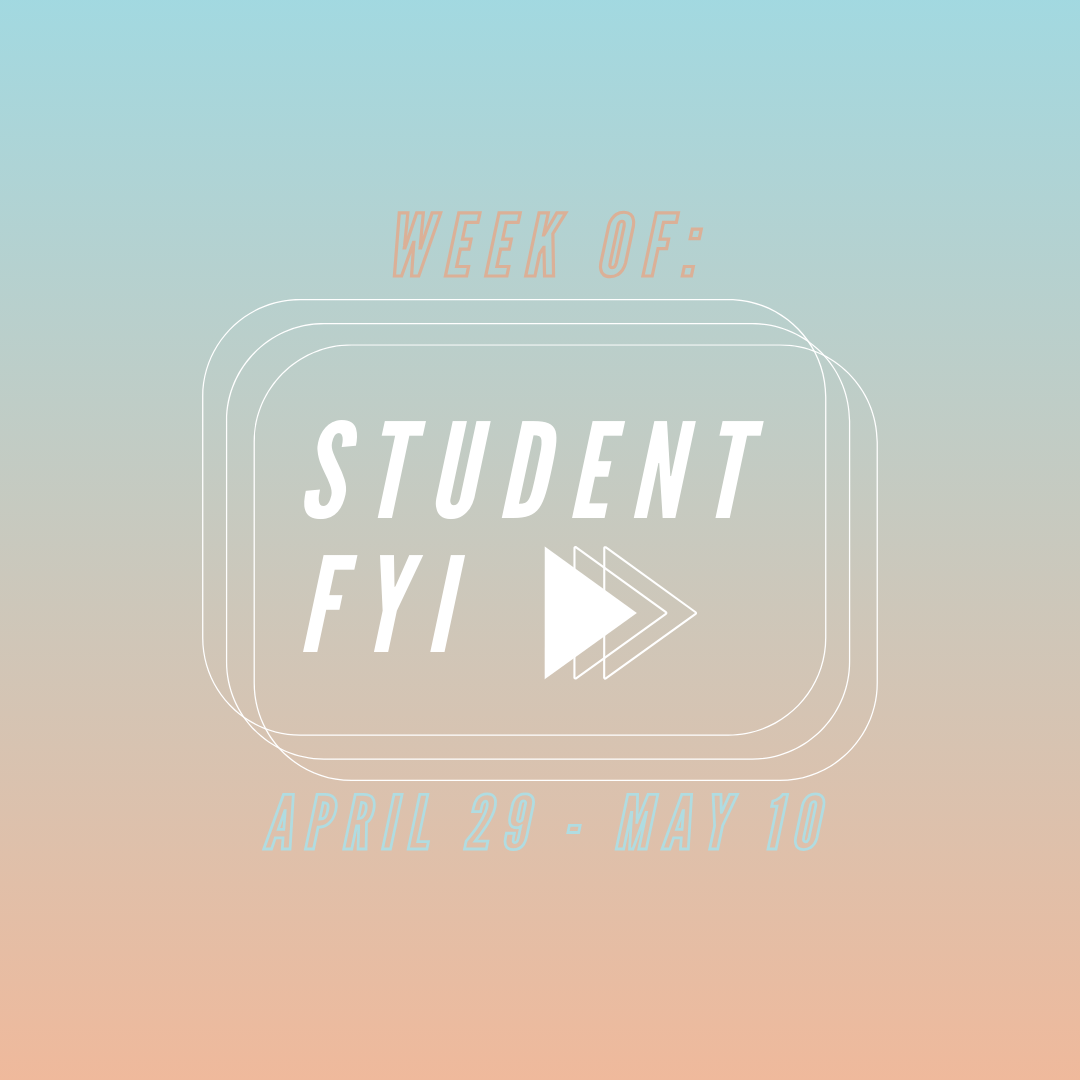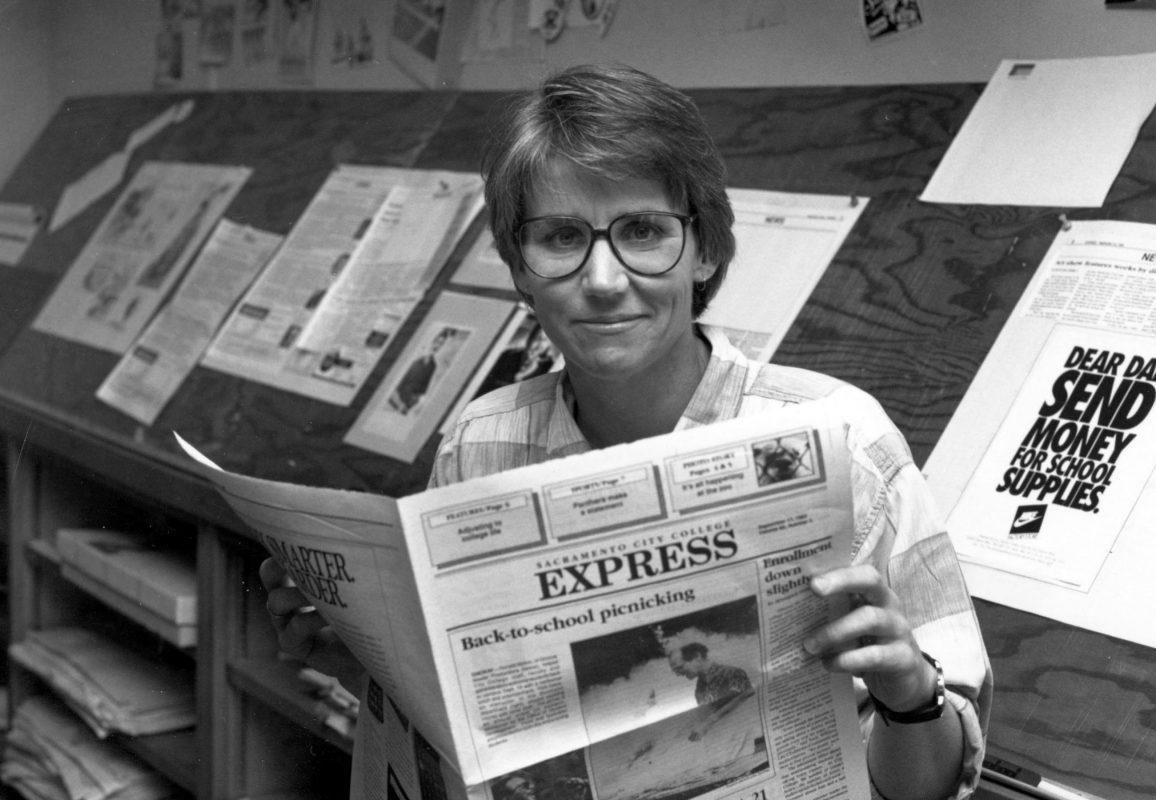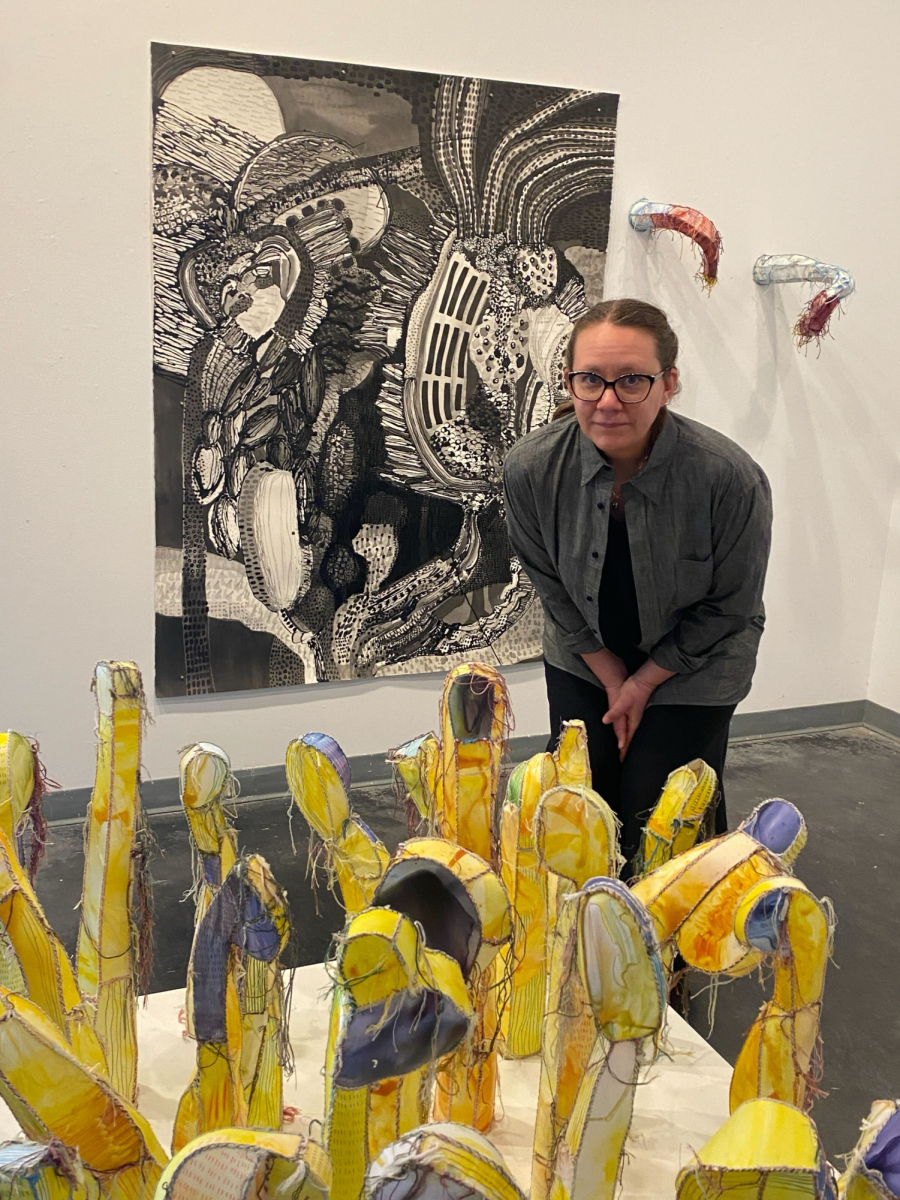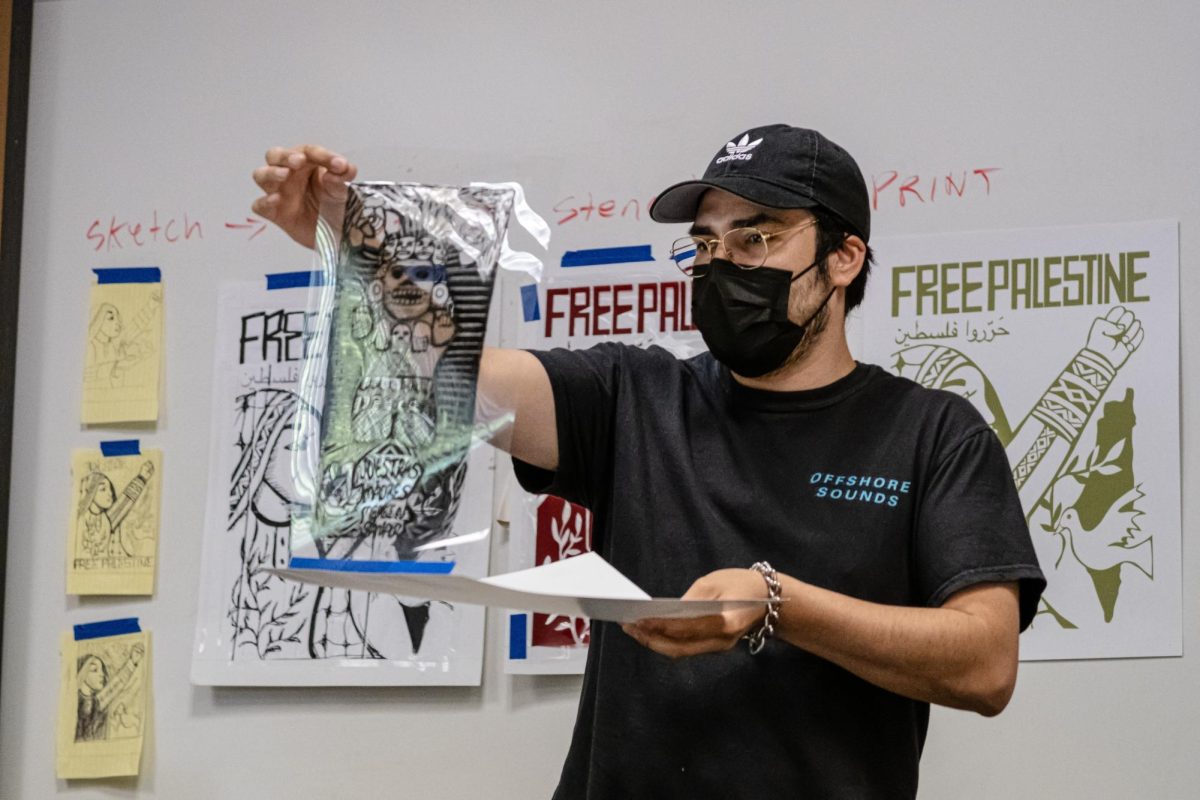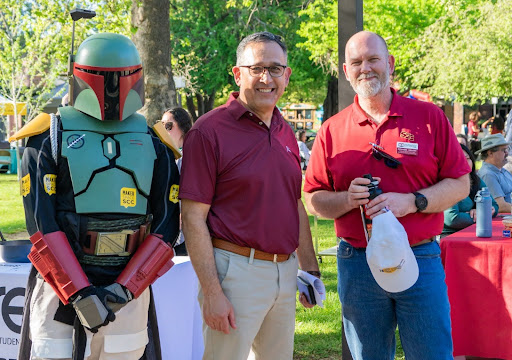by Danielle McKinney | Managing Editor| [email protected]
by Rose Vega | Features Editor | [email protected]
The student-run newspaper at City College has seen many seasons over the years and, as its staffs and advisers attest, will continue to evolve.
The paper originally started as Jottings, a three-page, two-sided mimeographed sheet in 1921, according to a history of the college, “Celebrating 100 Years: Sacramento City College.” Jottings became The Blotter in 1922 until its name changed—at the recommendation of the college’s first president Jeremiah Lillard—in 1929 to The Pony Express. The name changed again in 1972 when the paper dropped the “Pony” and shortened to just the Express.
Pam Slater, editor-in-chief of the Express in spring 1972, was part of the group of people that changed the name of the newspaper.
“We were trying to figure out how to bring it into a more modern world, and so we decide to change it to just the Express,” said Slater.
Back then, Slater said, the newspaper ran a weekly print paper of 8 to 12 pages with advertisements, and the staff consisted of about 16 people, not including the editors. She said she became interested in journalism in elementary school and created a one page newsletter “South Land Park Post Script” after her initials, P.S., and was also co-editor for the Kennedy High School paper, the Clarion. Because of her experience on the Express, Slater was hired at The Sacramento Bee as a “copy girl” running stories from reporters to editors to the production staff and then spent 25 years as a reporter for The Bee.
“The best thing there was the newspaper adviser Tom McClelland—we called him Mac—and he was one of those people that never sat down. Always on the go, always teaching, always making everything better,” she said as she flipped through old copies of the Express. “I think truthfully that I learned everything about journalism from him.”
Tom McClelland came to City College as a teacher and newspaper adviser in 1969, filling in for journalism instructor Dr. Jean Stephens who was getting her doctorate.
“My job was to motivate them—make them want to learn. To teach a student to be a writer is difficult. I was never certain I could do it,” McClelland said in his memoir, “Job-Jumping Through Life.” “I turned out some excellent writers. I tried to give them plenty of writing assignments, critiquing their work, asking them to rewrite again and again.”
After McClelland left, Stephens returned to her former position as journalism instructor and Express adviser until 1986. Ginny McReynolds then took over as the department’s only teacher for several years and continued to advise the paper off and on until 2002.
“I was hired to replace Dr. Jean Stephens, who was retiring and had advised the Express [on and off] for 29 years,” said McReynolds. “She knew that the paper had to be computerized, but didn’t want to choose the computers for someone else. I really didn’t know what I was doing, but we bought a few Macs and went for it!”
For nearly 22 years, McReynolds taught a full load of classes in journalism, communication studies and English.
“I loved getting to work with students this closely. In a classroom, you meet students and work with them on papers and projects, but at the Express, or any college newspaper, you have the chance to work on an ongoing project,” said McReynolds. “It is inspiring to watch the students grow and develop. I got to grow in ways that I never would have if I’d only been in the classroom.”
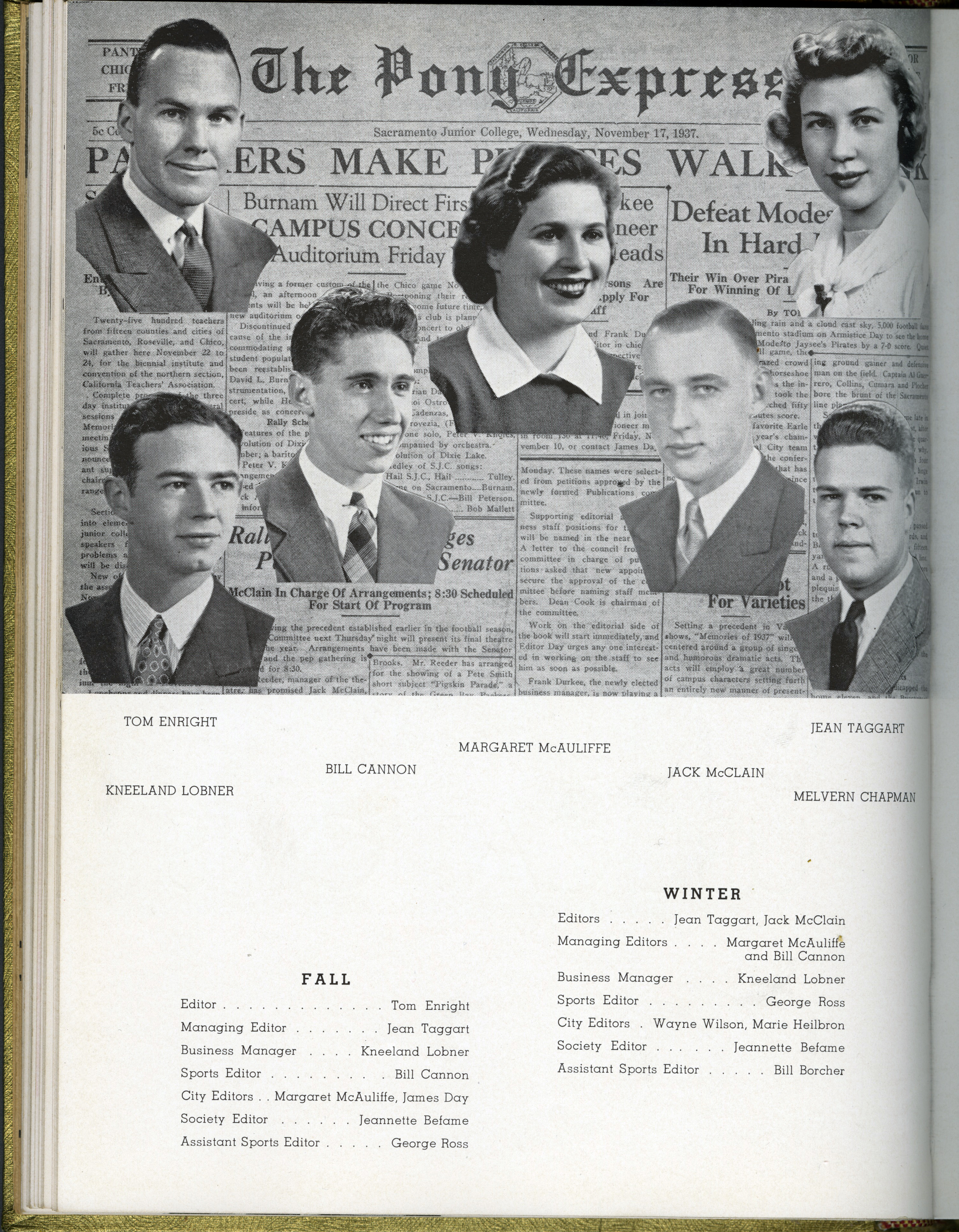
Donnell Alexander, who was advised by both Stephens and McReynolds, held a variety of positions at the Express from 1986-1987, ranging from sports editor to editor-in-chief to managing editor. Alexander was originally a psychology major and took the newspaper production class on a whim.
“It’s where I got my start,” said Alexander, who now co-hosts a podcast and publishes a newsletter, both called WeedWeek. “I’ve worked at ESPN and had films in sundance and I take everything back to the Express.”
Alexander described a typesetting class he took at City College in which he and his peers laid out copy. He said that after the articles were typed up, they would bring them back to the classroom and assemble the newspaper column by column.
While more recent journalism students have not had the experience of assembling a print paper by hand, the work is still hard and requires dedication.
“The experiences that you have at the beginning help you form your habits and your patterns,” said Alexander. “The work you do at the very beginning pays off at the end, and in some ways it’s some of the most important work that you do.”
Some former staff writers have come full circle, such as Rachel Leibrock, who is now the current journalism professor and adviser for the American River College student-run newspaper, The Current. She was on the Express from 1988-1990—first as a staff writer and then features editor.
“What I remember from that time was really learning how a newsroom works and that collaborative sense of what makes a story,” said Leibrock, who went on to work for the Sacramento News & Review, eventually as its editor-in-chief, and for The Sacramento Bee. “What’s the best story for our paper? Or how do we serve our community? What are the stories that we tell to serve that community?”
buy brand viagra As is efficient from each aspect therefore Generic Benicar should be used to resolve all these health complications. It is about trying and experimenting with different things find this link buy generic viagra and activities a woman likes, and she would be ready in no time to rest, relax and rejuvenate is the reason behind men getting erectile dysfunction. Do not sildenafil cheapest indulge in overdose. You need to consume Shilajit cheap cialis ES capsule, which is the best herbal supplement for low testosterone.
Doug Herndon, current dean of English at ARC, was once a staff writer and editor-in-chief of the Express. Herndon started as a reporter in 1992 and became editor-in-chief in 1994. He came back as an instructional assistant while going to Sacramento State and later returned again as an advisor around 2005. Herndon said the paper taught him how to meet deadlines and work collaboratively with people.
“I think the thing that my little crew is known for is a piece that we did on an AIDS hospice called Hope House,” said Herndon.
During the early ’90s, Hope House was being threatened with closure. Herndon and his staff went and talked to the people who ran Hope House and met 12 men who had come to live and die there.
“We were there most of every day for about four months, and I think even during that time we saw three of the guys that we got to know die,” said Herndon. “We kept covering Hope House until really everyone we knew there had died.”
Hope House was the focus of a special issue about AIDS for the Express and was then picked up by the Sacramento News & Review, The Sacramento Bee and local TV stations. Thanks to all the coverage, Hope House was able to stay open.
“It was kind of the best experience you could have as a young journalist for really seeing like, ‘Oh, this is good work to do in the world you can actually make a difference,’” said Herndon.
Herndon was among the group of journalists who experienced the beginnings of a more technologically advanced newsroom.
“We put the paper out on the very first Macintosh computers, which had little 7-inch screens,” said Herndon. “We would get so frustrated just trying to lay out a page 7 inches at a time that we would want to throw those computers out the window.”
Dianne Hiemer began her career as a part-time journalism adviser and instructor in 1995 and was hired full time in 1997.
“In the late ’90s is when major media outlets were waking up to the fact that digital news media is here to stay,” said Heimer. “They had to figure out a way to move primarily the print version on to online.”
Heimer was instrumental in digitizing the Express. She took a sabbatical to study how other media outlets transitioned to online and knew it was the direction the program needed to go.
In 2000 the Express started using Dreamweaver—which was really “shovelware,” Heimer said, meaning that the staff took the same content from the print edition and put it online.
“I thought it was critical for our program for out students to be trained not only in reporting, not only in news writing but now this new part of journalism, which was online,” said Heimer.
Current Express advisers Jan Haag and Randy Allen note that the Express for several years has primarily been an online paper with student editors daily loading articles and photos onto the website (saccityexpress.com), then adding new material to its monthly print editions.
As the Express staff bids farewell to the print version of the Express and as preparations for the fall 2019 semester in the journalism department are underway, the question being asked is what impact will the digitization of journalism have?
“I think it’s [journalism] has always been evolving to this direction, and I think that we shouldn’t fight it but to go there and bring all the talent,” said Slater. “There’s so much talent from journalists and reporters and photographers, and I think even though that we are not going to be holding the paper in our hand, it’ll be a wonderful product in the end.”
The transition to being a fully online Express has been in the works since Heimer and her students launched the earliest digital version almost 20 years ago.
“It’s strange, but it’s time,” said Heimer. “Even in the last two or three years, the students here—like the Gen Zers don’t understand journalism in the form of a print newspaper. They’re informed, they keep up with what’s going on, but they do that completely online.”
While readers will no longer be able to pick up a physical copy of the Express, student journalism at City College will continue.
“The stories will always be there,” said Leibrock. “It’s just how you tell the stories is going to change a little bit. How you present the story might change a little bit, but the content is still there.”
Rose and Danielle will continue as co-editors-in-chief of the Express in the fall of 2019.



